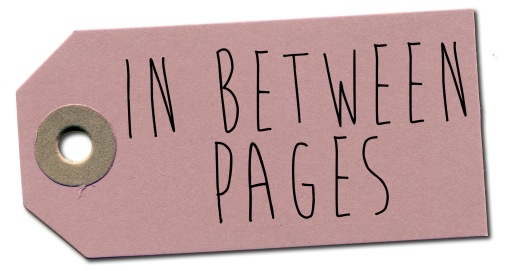 The Novel is told in three parts, each dealing with a specific point in time in the lives of two girls. Part one focuses on the friendship they have when they are young, when they explore the woods and abandoned buildings together, swim in their neighbour’s pool and basically spend every waking minute with the other. The second part explores a growing rift between them, which is fuelled by the expectations of others, mostly their parents. Therefore they suddenly become acutely aware of their different backgrounds and what this entails for the course of their lives. Julia’s home life, which is that of a solid middle class family is in stark contrast to Cassie’s reality which consists of a less financially secure background and a troubled home. Part three unravels their bond, Julia has trouble letting go and Cassie spirals into a dangerous world of manic fantasy, destined to change her life and its dire course.
The Novel is told in three parts, each dealing with a specific point in time in the lives of two girls. Part one focuses on the friendship they have when they are young, when they explore the woods and abandoned buildings together, swim in their neighbour’s pool and basically spend every waking minute with the other. The second part explores a growing rift between them, which is fuelled by the expectations of others, mostly their parents. Therefore they suddenly become acutely aware of their different backgrounds and what this entails for the course of their lives. Julia’s home life, which is that of a solid middle class family is in stark contrast to Cassie’s reality which consists of a less financially secure background and a troubled home. Part three unravels their bond, Julia has trouble letting go and Cassie spirals into a dangerous world of manic fantasy, destined to change her life and its dire course.
What I liked so much about this novel was how nuanced yet assured the author addressed issues of class in this novel. People are familiar to us because of the behaviour that we have witnessed them do. This behaviour is in part informed by the family we grow up with, the community that reflects back to us where we stand on the social scale and which behaviour therefore is appropriate for us. We see the repetitions of things that people do, we become familiar with them but at the same time we don’t know who they really are:
“With someone you’ve always known and have loved without thinking, there’s the strangeness of knowing everything and nothing about them at the same time.”
We learn how to behave, what to like and what to hate, but to what extent does each individual choose to do these things. Is there even an individual? But Messud doesn’t stop there, she turns it around and questions the whole concept of identity. That it is only through performing these acts, again and again that we feel rooted in our personality.
“But we don’t really know anything at all, except how the story should go. […] Like gods, we invent a world that makes sense.”
